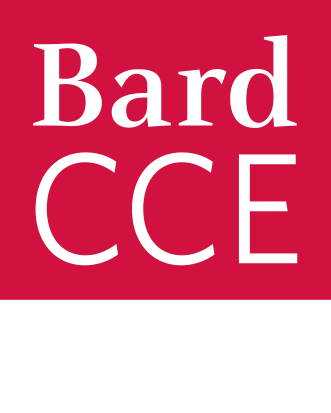Argentine Tango just part of engaged learning course
First row (left to right):
Nicole Sierra, Selina Royer, Henry Chang, Shanen Gomes, Alina Achenbach-Schill, Chungin Goodstein, Rim Tohme,Jayla Kai
Second row (left to right):
Max McGrath, Sydney Asher, Maria Comas Garcia, Alex Levinson, Ari Greenberg, Bruno Di Nucci, Melonie Bisset, Wendall Merson, Aikokul Tashpulatova, Lily Brodie, Barak Fellner-Dublin
Nicole Sierra, Selina Royer, Henry Chang, Shanen Gomes, Alina Achenbach-Schill, Chungin Goodstein, Rim Tohme,Jayla Kai
Second row (left to right):
Max McGrath, Sydney Asher, Maria Comas Garcia, Alex Levinson, Ari Greenberg, Bruno Di Nucci, Melonie Bisset, Wendall Merson, Aikokul Tashpulatova, Lily Brodie, Barak Fellner-Dublin
Since Spring 2019, Chungin Goodstein’s Exploring Connection Through Argentine Tango course has been part of the Engaged Liberal Arts and Sciences (ELAS) program to guide students through thinking about gender and sexuality in communal dance spaces.
By examining texts, or the lack thereof, of queer-orientated tango and connecting them with performing in a milonga students can challenge the norms of tango artforms while also learning about their own bodies and personalities. In one class reflection, Isa Jones commented on the classroom experience of confronting such challenges and what that means for them as a student.
“After milongas, we shared stories of how the night went and whether we felt like we learned and were able to connect with our own bodies, our partners’, and the music. Unfortunately, there would be the occasional bad experience when toxic hyper heterosexuality would make it difficult to engage in the beautiful dance with a partner. From these experiences, however, we learned exactly how we did not want to feel when dancing tango. This allowed us to create an accepting environment both in class and with each other at milongas where we could explore our budding love for this dance.”
Participation in this course is more than just dancing and reading texts. According to one student, Olivia Zorn, being present and honest is a key component to succeeding and learning.
“To my surprise, 10 minutes into our lesson, Chungin began telling me that I needed to resist her more, that I was being too nice and giving in too much to her lead. I was amazed that everything I was feeling emotionally that day was coming through in the dance and Chungin could perceive these aspects of my personality in my movements. That’s when I realized that tango isn’t just a dance that you execute with your body, you bring your whole self to the dance, your body, mind, and soul, or however you like to describe it. My emotions and habits and personal weaknesses colored the way I moved.”
Finally, Chungin’s Tango course connects with other societal issues of access and inclusivity. For those who have concerns about physical limitations affecting the way they may experience tango, Zoe Oro-Hahn offers an insight.
“For four months, I have walked into tango class using a cane. I hobble in, lace my shoes, and start dancing. This may seem strange to many, including some of my classmates, I’m sure, but to me, it makes perfect sense. Tango and disability are not two mutually exclusive things. In fact, physical disability can inform and provoke this art form into something unique, different, and constantly evolving–exactly what tango was made for to begin with.
"I treated tango like I would physical therapy: gently moving my body, pushing a little, but less than one would during a strenuous workout, more of a focus on moving gracefully and with intent than speed. In turn, I saw many of the physical benefits of tango. My core was stronger, and my posture outside of class was much better after time spent specifically thinking about and adjusting the way I held myself, the way I walked. Indeed, this trend, using tango to strengthen and support those with joint conditions like arthritis, rheumatism, and related conditions, has been proven to improve mobility, reduce pain, and act as an overall benefit to dancers."
Each semester the Tango class hosts a Queer Milonga on Bard’s campus that features music, food, and dancing with students and community members. No matter the experience level, all are welcome to attend.
Post Date: 05-12-2023
